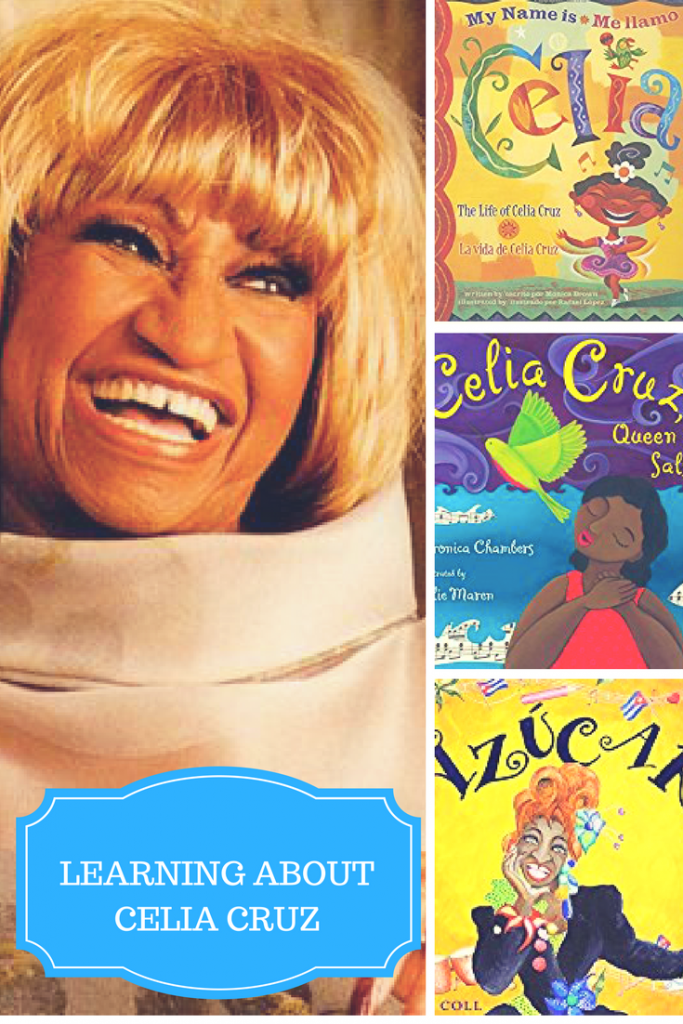Celia Cruz’s influence extended far beyond music. As one of the most recognizable Afro-Latina artists in history, she broke barriers and became a symbol of cultural pride and empowerment. Her success as a Black Cuban woman in a male-dominated industry was revolutionary, and she paved the way for countless other Latino and Afro-Latino artists.
By embracing her heritage and proudly representing her Afro-Cuban roots, Celia Cruz helped to challenge stereotypes and encourage a broader acceptance of diversity within the Latin music industry and beyond. Her work not only transformed the salsa genre but also left an indelible mark on Latin culture, showing that no matter where you come from, your voice and talent have the power to change the world.
Celia Cruz’s impact on Latin American music is unparalleled. Her joyful, high-energy performances and her unforgettable voice brought the rhythm of salsa to millions across the globe. She became an icon not just for her powerful vocals, but for her unwavering spirit and positive message. Celia once said, “When people hear me sing, I want them to be happy, happy, happy. I don’t want them thinking about when there’s not any money or when there’s fighting at home. My message is always felicidad – happiness.” Her music was a source of joy and escape, a beacon of hope for anyone going through tough times.
Celia Cruz Books for Children
My Name is Celia/Me llamo Celia: The Life of Celia Cruz/la vida de Celia Cruz, written by Monica Brown and illustrated by Rafael Lopez, captures Celia’s infectious charisma and the dazzling persona she embodied both on and off the stage. Her flamboyant outfits and radiant smile were just as iconic as her music.
But beyond the lively portrayal of her public persona, the book also opens up meaningful conversations about some of the more complex aspects of her life—such as racism and the Cuban Revolution. My daughter, for the first time, asked questions about these significant historical events, sparking deeper discussions about the challenges Celia faced as she navigated a world that often underestimated her as a Black woman in the entertainment industry.
After finishing the book, I invited my daughter to listen to one of my all-time favorite songs by Celia Cruz: “La Vida es un Carnaval”. The song, filled with rhythm and joy, is a perfect reflection of Celia’s vibrant personality. The lyrics remind us that life is a carnival and that no matter the hardships we face, there is always a reason to celebrate. This message of resilience and joy is something I try to pass on to my children, just as Celia Cruz did through her music.
Celia Cruz, Queen of Salsa: This biography, written by Veronica Chambers, dives deep into Celia Cruz’s remarkable life and career, focusing on her rise from humble beginnings in Cuba to becoming a global music sensation. The book details her passion for music, her determination to break into the male-dominated salsa scene, and her role in popularizing Latin music worldwide.
¡Azúcar! is a vibrant Spanish-language book that tells the story of Celia Cruz’s legendary life and career. Written by Ivelisse Rodriguez, the book focuses on the key moments that shaped her into the Queen of Salsa, from her early musical beginnings in Cuba to her eventual fame as a global superstar.
“Ay, no hay que llorar
(No hay que llorar)
Que la vida es un carnaval
Que es más bello vivir cantando
Ooo ay, no hay que llorar
(No hay que llorar)
Que la vida es una carnaval
Y las penas se van cantando”
Azúuuucar!
PIN LATER:






